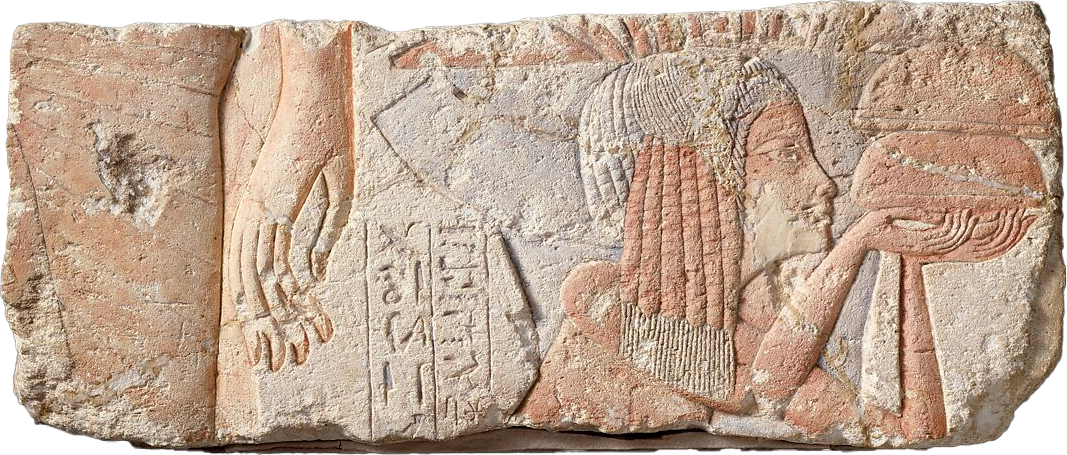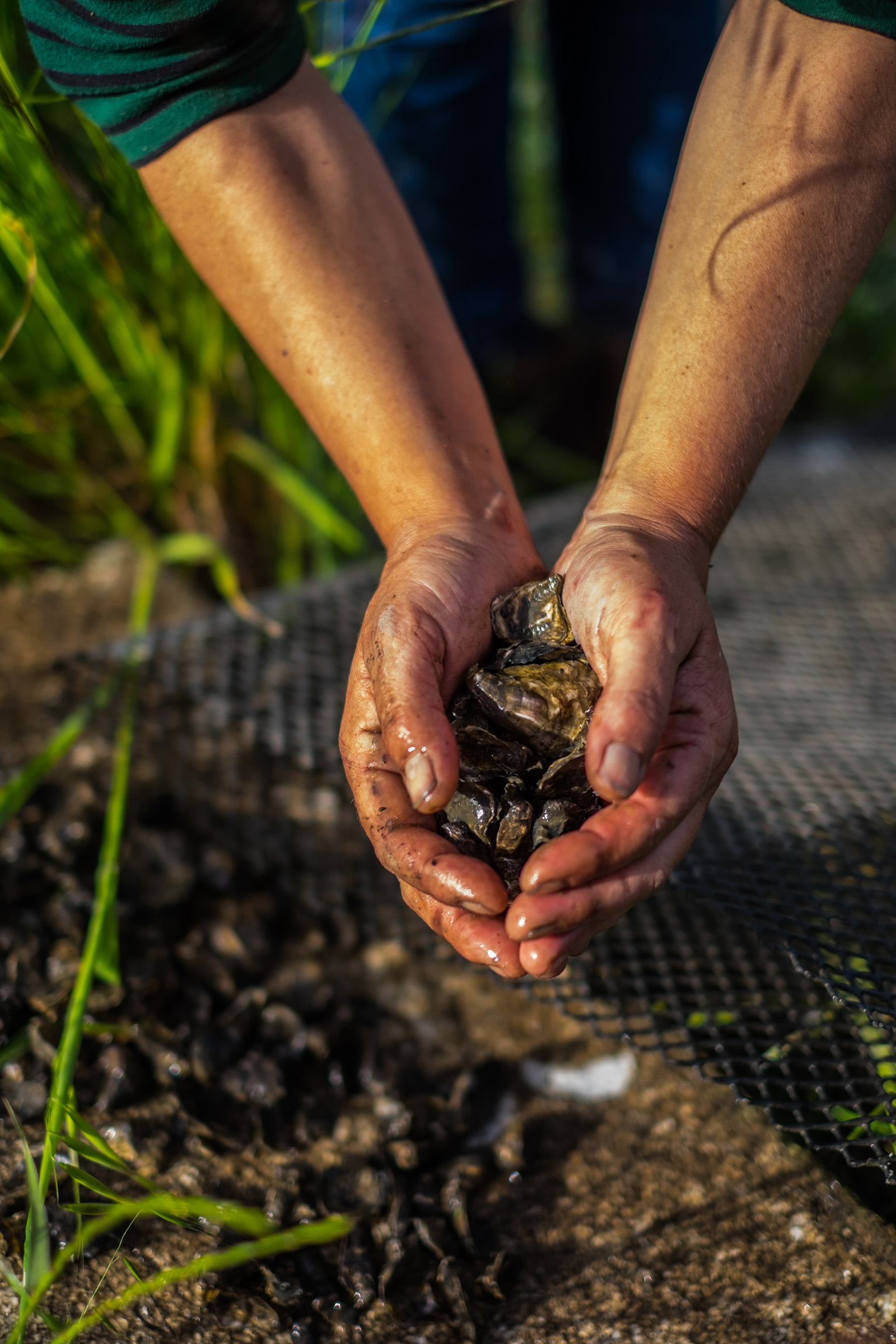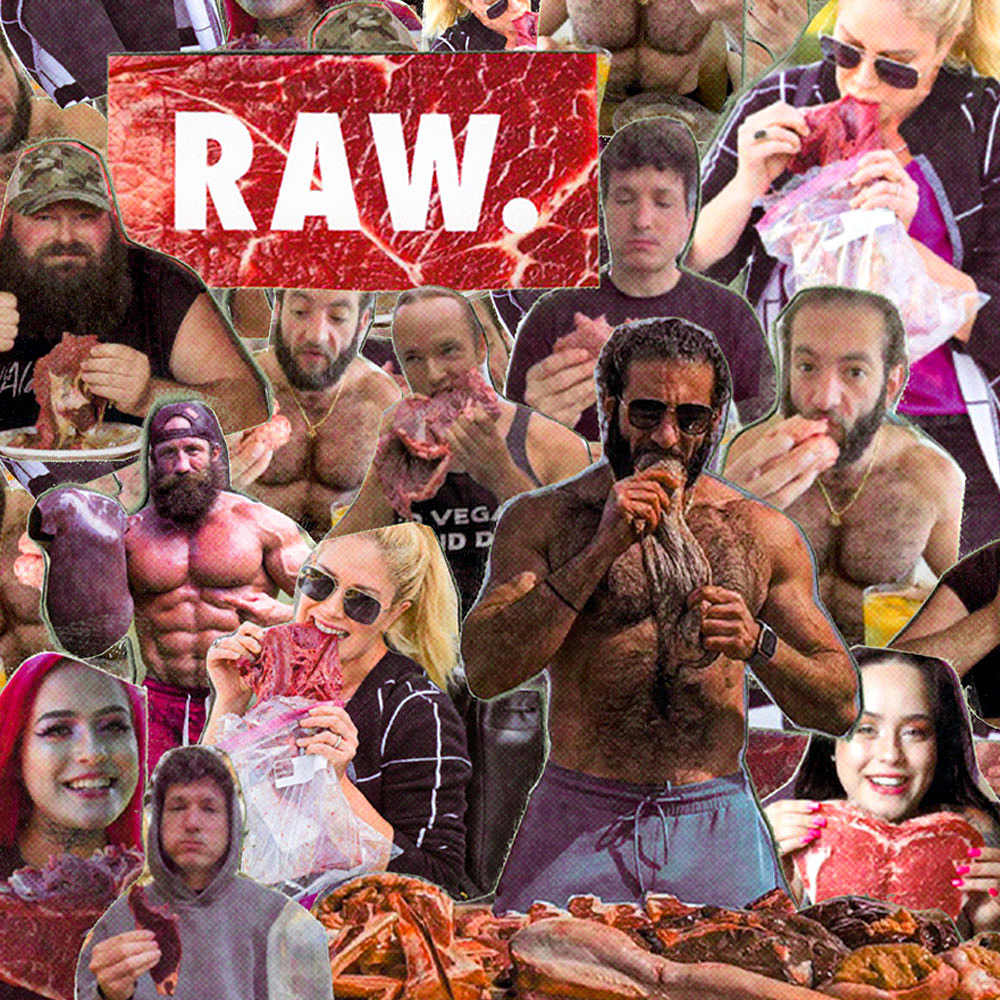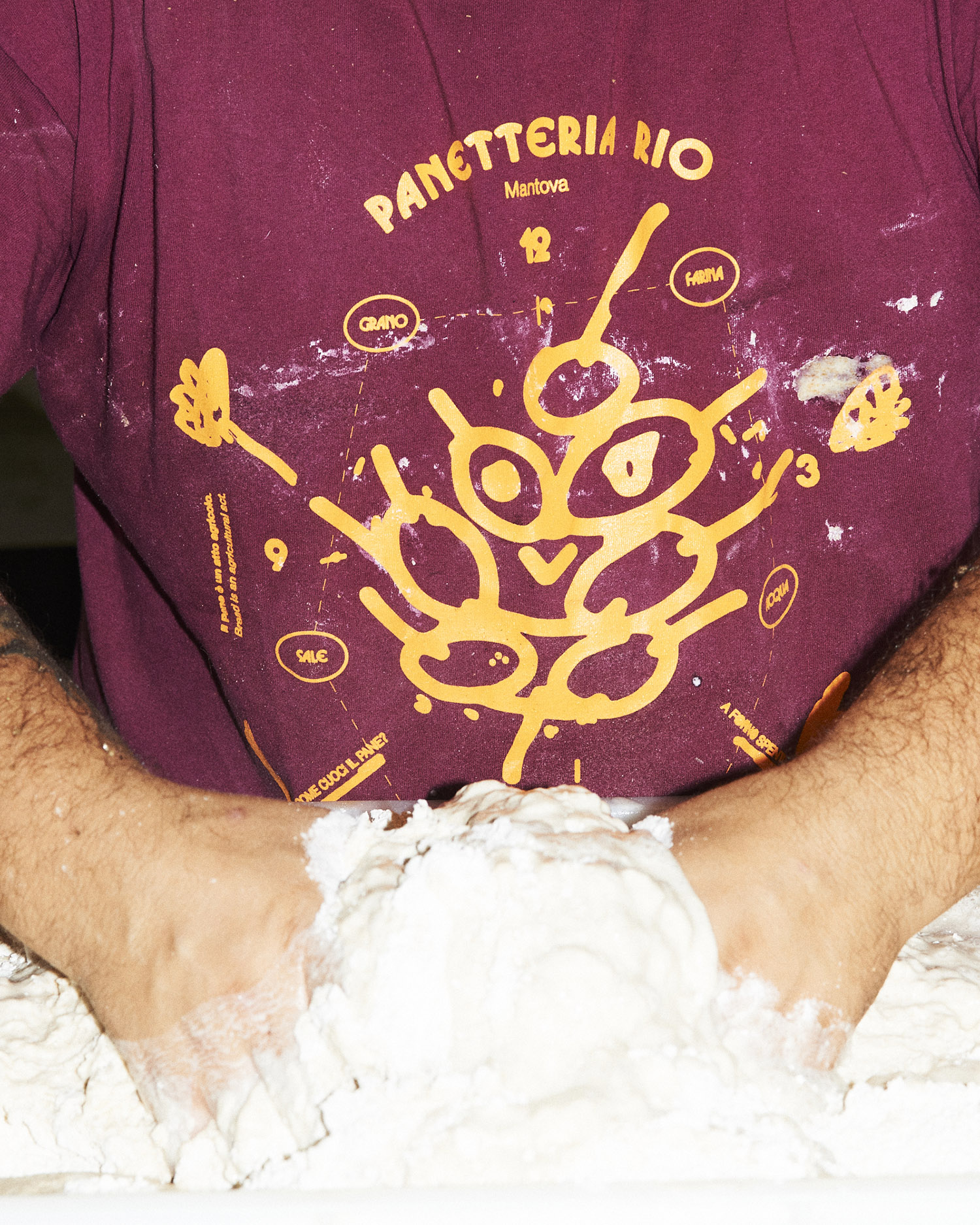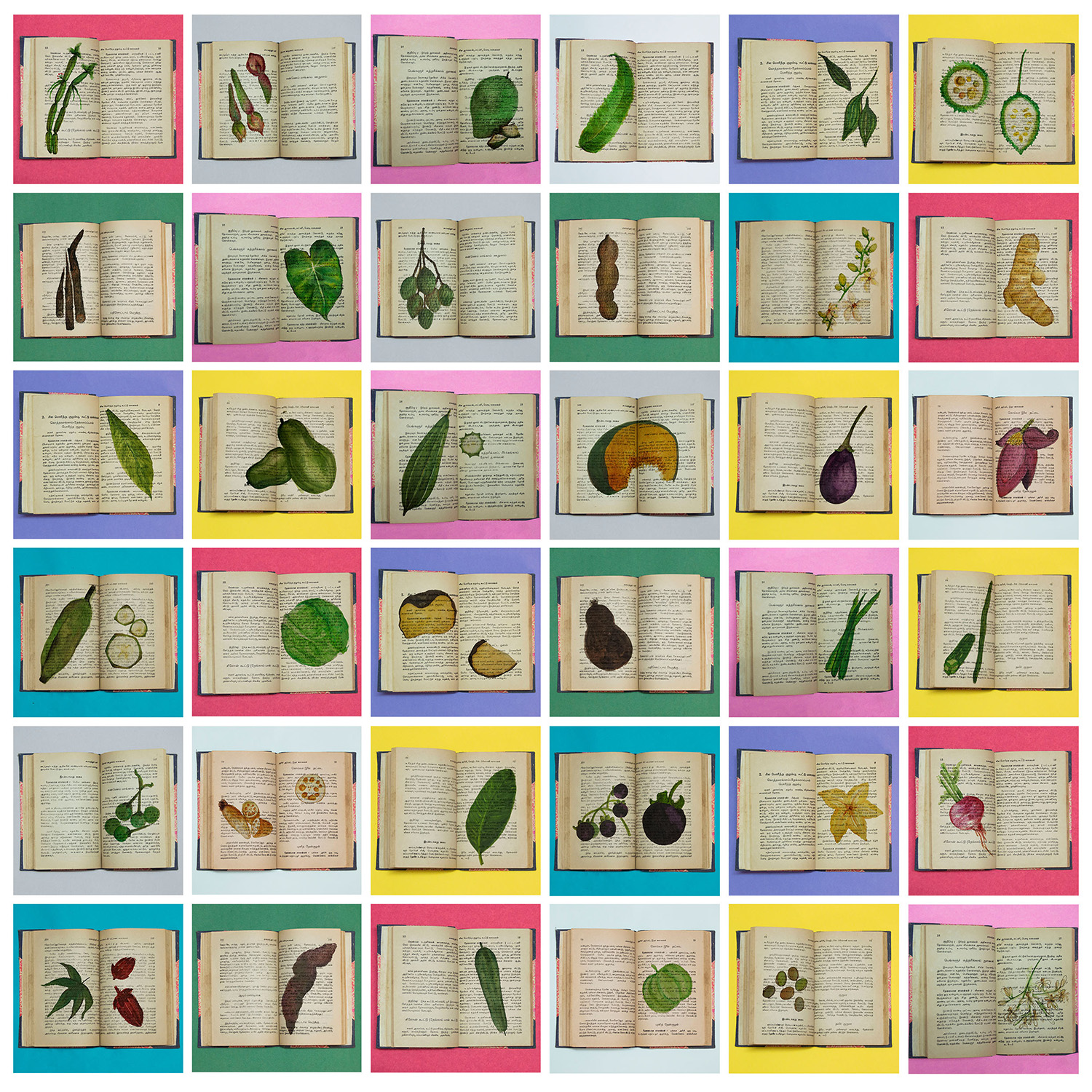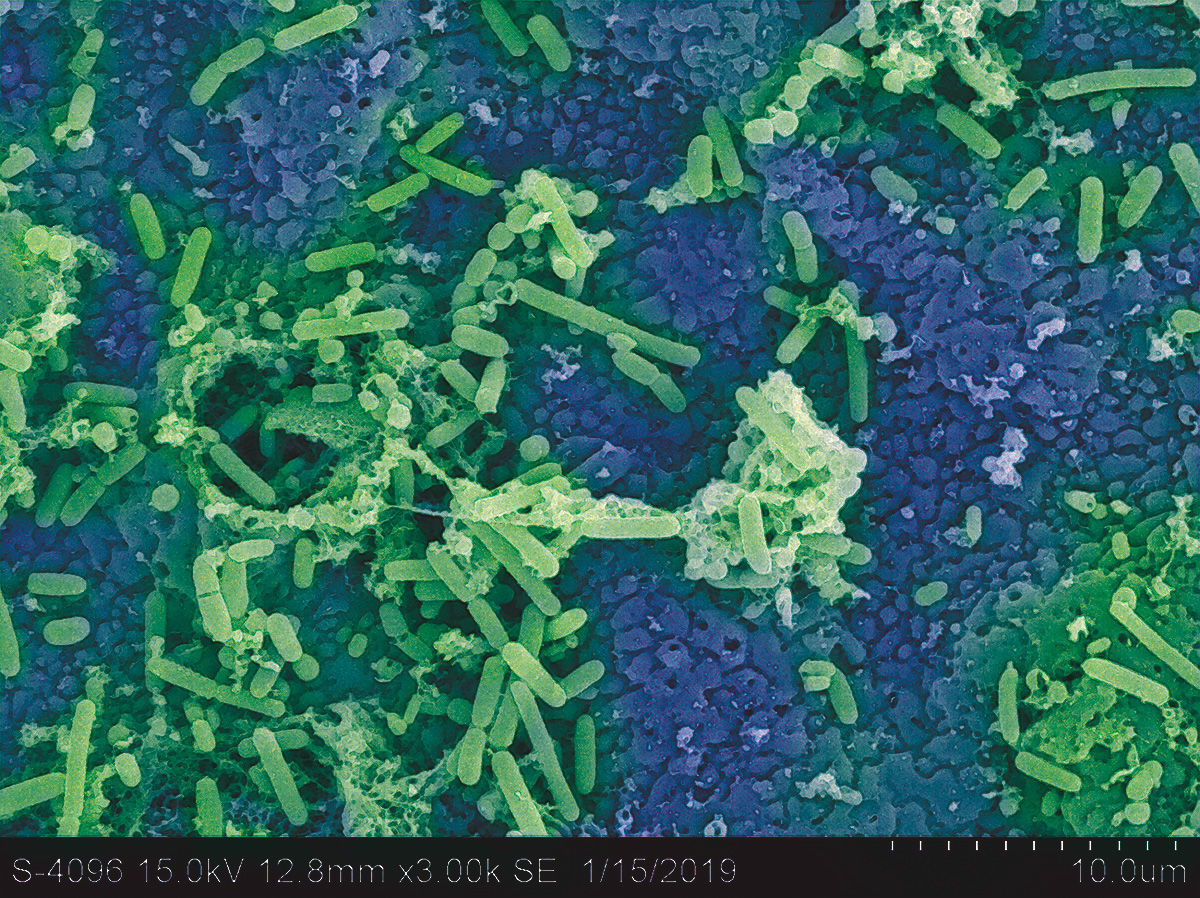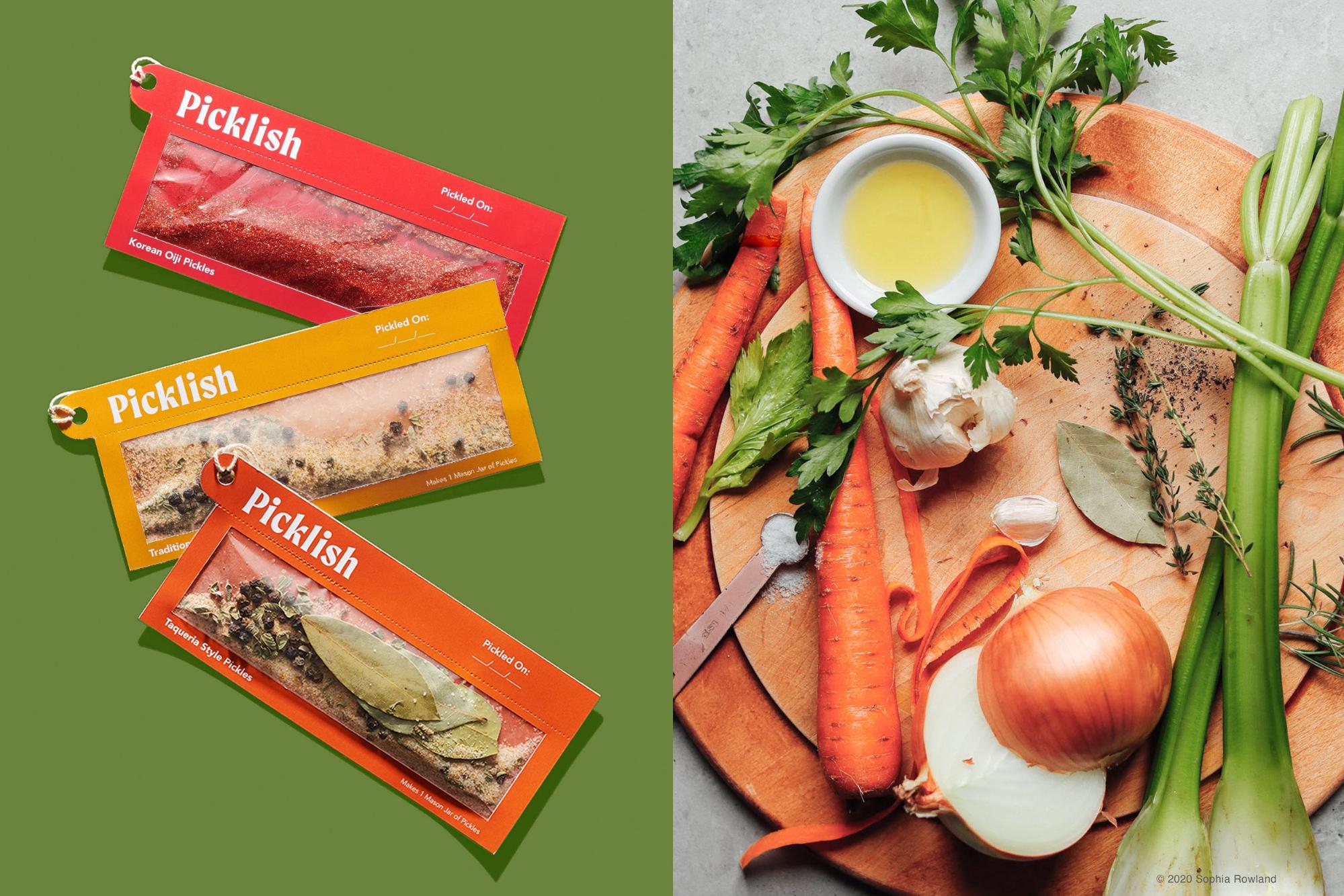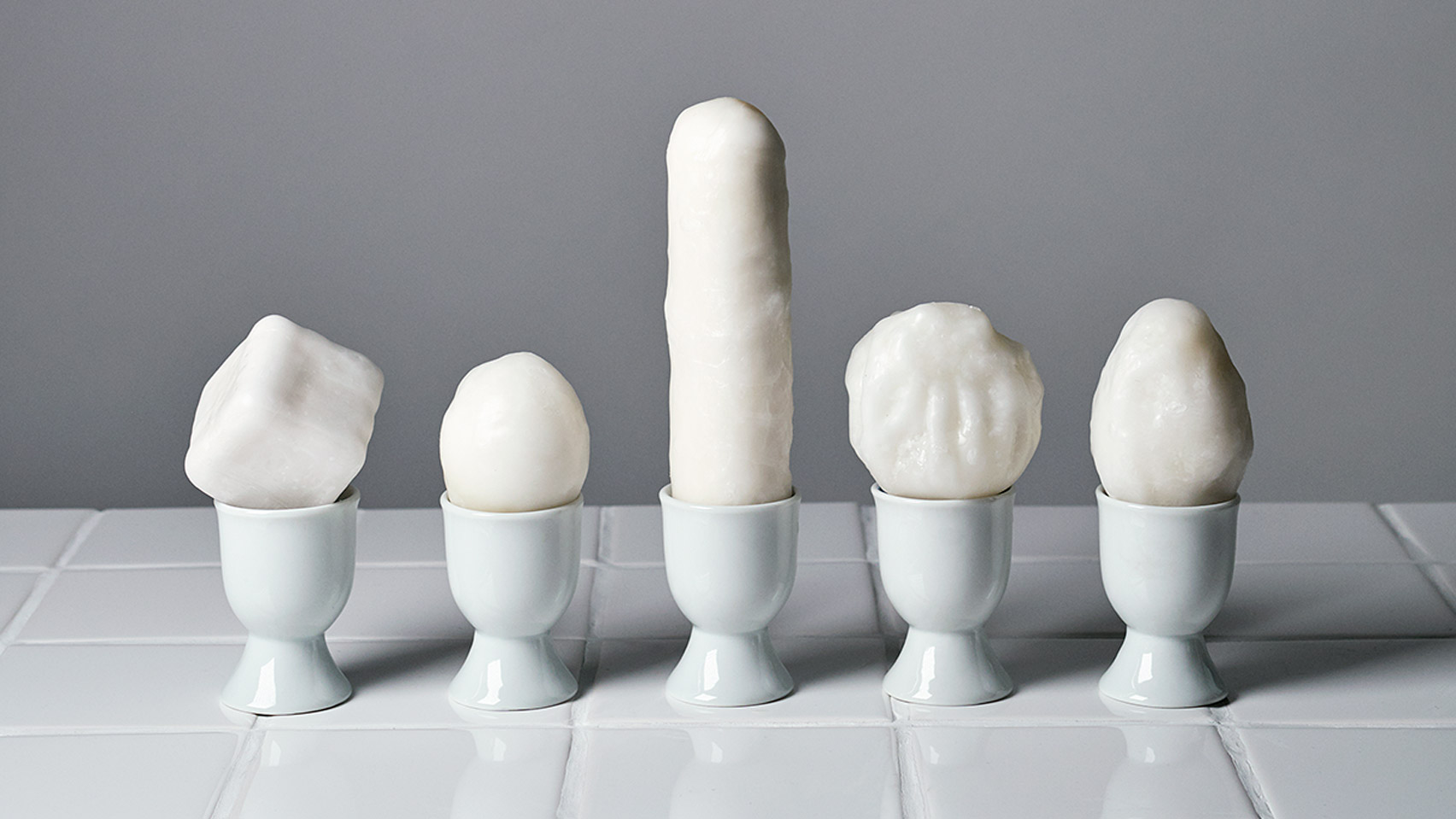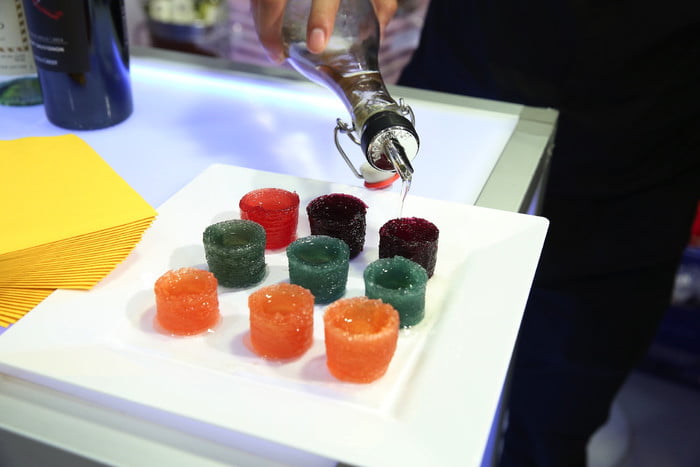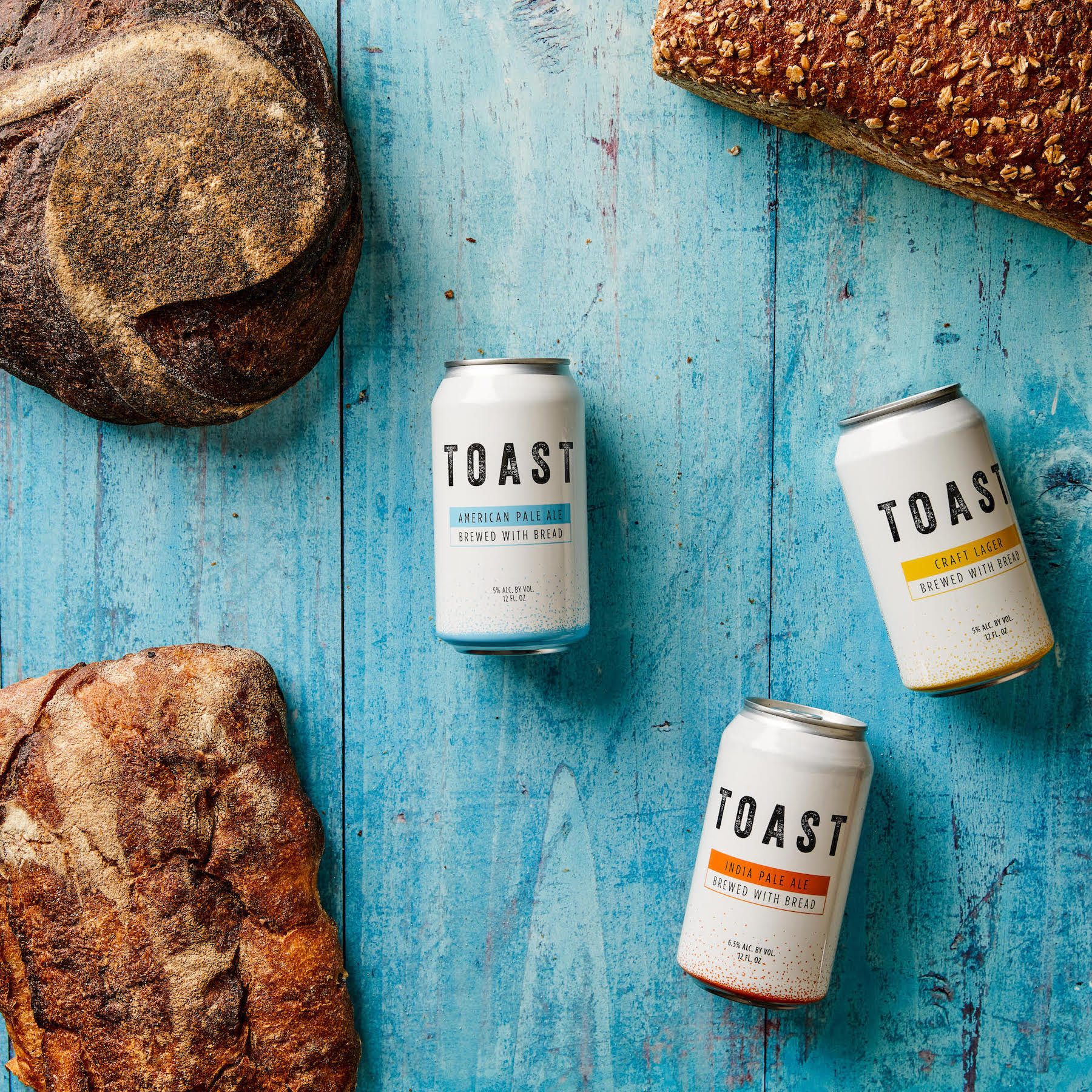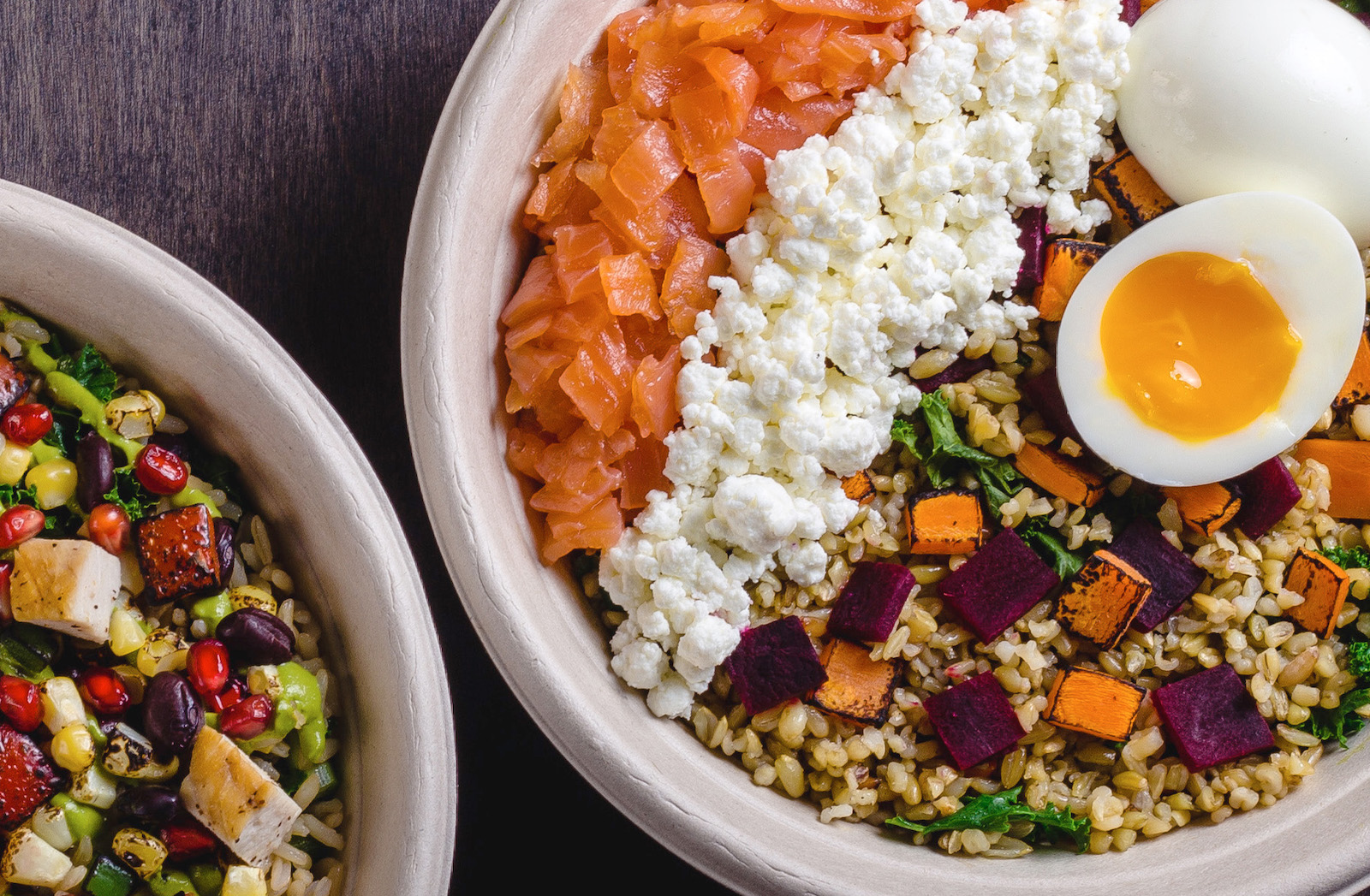When Austrian designer Vera Wiedermann discovered that the average household produces enough biogas from food waste on a daily basis to power a stove for regular cooking, her concept for the ultimate self-sufficient kitchen was born. Since only a small amount of trash is necessary to kick fermentation (necessary to create the biogas) into high gear, a compact, 60 liter container installed under your kitchen countertop could keep your kitchen cooking all year long. All you’d have to do is toss your scraps into the odorless, closed system (impermeable to flies and other bugs) and see an instant savings on your gas bill this month.
But just how does yesterday’s carrot peels mean tonight’s dinner? Quick biology lesson (very quick, we promise): Methanogens, micro-organisms that produce methane and carbon dioxide, can digest any kind of human food, whether it’s a sugar, starch, protein, or fat. In just a day, these micro-organisms can turn 1 kg (about 2.2 lbs) of food waste into 1 kg of biogas, or about 800 liters (roughly 211 gallons).
“If we prepare food ourself, abstain from consuming convenience food and eat a balanced diet, enough organic waste is produced to supply our cooking unit completely autarkic. That makes us not only healthy, but also independent,” Wiedermann says.
This week, Wiedermann is putting her preaching into practice with Biomat, a pop-up restaurant and lecture program that brings innovative chefs together for Vienna Design Week. Guests who were lucky enough to reserve a table are asked to sing for their supper and bring 1kg of food trash for 1 Euro discount off their meal.
See what got cooked up–and burned off–in the latest Biomat meal, or check out some of Wiedermann’s beautiful limited edition tableware products.
